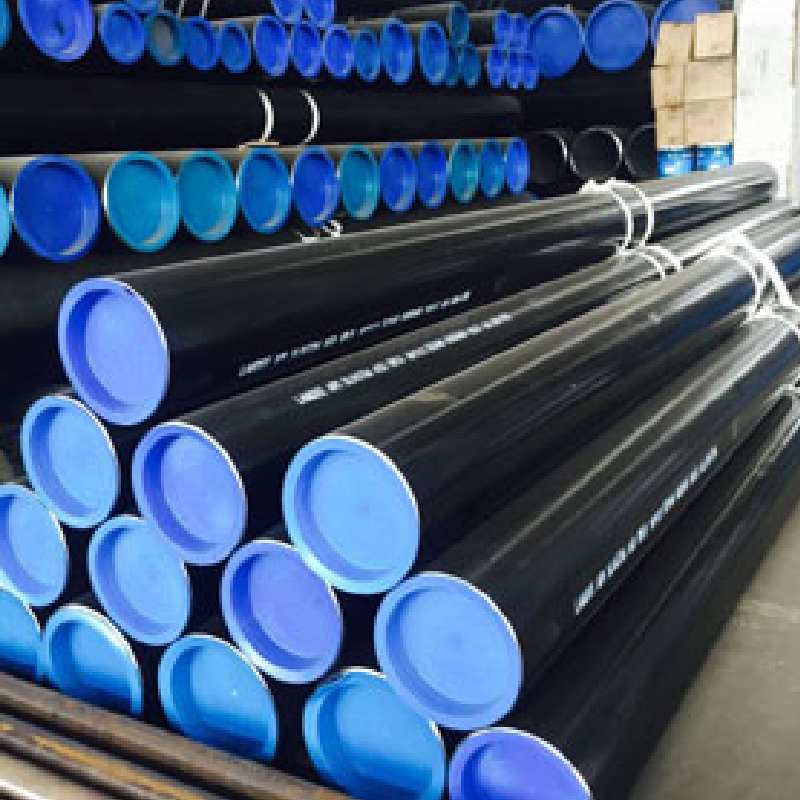-
Cangzhou Yulong Steel Co., Ltd.
-
Phone:
+86 13303177267 -
Email:
admin@ylsteelfittings.com
- English
- Arabic
- Italian
- Spanish
- Portuguese
- German
- kazakh
- Persian
- Greek
- French
- Russian
- Polish
- Thai
- Indonesian
- Vietnamese
- Zulu
- Korean
- Uzbek
- Hindi
- Serbian
- Malay
- Ukrainian
- Gujarati
- Haitian Creole
- hausa
- hawaiian
- Hebrew
- Miao
- Hungarian
- Icelandic
- igbo
- irish
- Japanese
- Javanese
- Kannada
- Khmer
- Rwandese
- Afrikaans
- Albanian
- Amharic
- Armenian
- Azerbaijani
- Basque
- Belarusian
- Bengali
- Bosnian
- Bulgarian
- Catalan
- Cebuano
- China
- China (Taiwan)
- Corsican
- Croatian
- Czech
- Danish
- Esperanto
- Estonian
- Finnish
- Frisian
- Galician
- Georgian
- Kurdish
- Kyrgyz
- Lao
- Latin
- Latvian
- Lithuanian
- Luxembourgish
- Macedonian
- Malgashi
- Malayalam
- Maltese
- Maori
- Marathi
- Mongolian
- Myanmar
- Nepali
- Norwegian
- Norwegian
- Occitan
- Pashto
- Dutch
- Punjabi
- Romanian
- Samoan
- Scottish Gaelic
- Sesotho
- Shona
- Sindhi
- Sinhala
- Slovak
- Slovenian
- Somali
- Sundanese
- Swahili
- Swedish
- Tagalog
- Tajik
- Tamil
- Tatar
- Telugu
- Turkish
- Turkmen
- Urdu
- Uighur
- Welsh
- Bantu
- Yiddish
- Yoruba

Oct . 12, 2024 06:22 Back to list
solvent weld pipe
Understanding Solvent Weld Pipe A Comprehensive Overview
Solvent weld pipe is a widely used plumbing method that has gained popularity in both residential and industrial applications. This technique allows for the secure and long-lasting joining of PVC (Polyvinyl Chloride) pipes using a special solvent cement. The process creates a strong bond that ensures minimal leakage and enhances the overall durability of the piping system.
The solvent welding process begins with the preparation of the pipe surfaces. Both the pipe and fitting ends must be thoroughly cleaned to remove any dirt, dust, or grease, which could impair the bond. Typically, a primer is applied to the surface to soften the PVC, making it more receptive to the solvent cement. This essential step is crucial because it ensures a consistent and robust fusion of the materials.
Once the surfaces are clean and primed, the solvent cement is applied generously. It is important to choose the right type of solvent cement based on the size and schedule of the pipes being used. After applying the cement, the pipe is quickly and firmly inserted into the fitting with a slight twisting motion to ensure even distribution of the adhesive. A proper bond forms within seconds, making the joint ready for use without the need for mechanical fasteners.
solvent weld pipe

One of the significant advantages of solvent weld pipes is their ability to withstand internal pressure, making them ideal for various fluid transport applications. Whether it’s for water supply, drainage systems, or chemical processing, these pipes provide reliable performance. The smooth interior surface of PVC pipes also minimizes friction loss and reduces the risk of blockages over time.
Moreover, solvent weld piping systems are lightweight and easy to install, reducing labor costs and time on the job site. They are also resistant to corrosion and chemical damage, outperforming traditional metal pipes in many scenarios. This resilience contributes to a longer lifespan, further solidifying their place as a preferred choice for contractors and homeowners alike.
However, it is essential to handle solvent weld pipes with care. While the joining method creates robust connections, improper application can lead to failure. Therefore, it’s crucial to follow manufacturer guidelines closely and ensure proper ventilation when working with solvent cement, as the fumes can be hazardous.
In conclusion, solvent weld pipe systems offer a practical and efficient solution for modern plumbing needs. Their durability, ease of installation, and cost-effectiveness make them an excellent choice for various applications. Understanding the characteristics and best practices for solvent welding will enable users to fully leverage the benefits of this piping method, ensuring a reliable and lasting plumbing solution for years to come.
Latest news
-
ANSI 150P SS304 SO FLANGE
NewsFeb.14,2025
-
ASTM A333GR6 STEEL PIPE
NewsJan.20,2025
-
ANSI B16.5 WELDING NECK FLANGE
NewsJan.15,2026
-
ANSI B16.5 SLIP-ON FLANGE
NewsApr.19,2024
-
SABS 1123 FLANGE
NewsJan.15,2025
-
DIN86044 PLATE FLANGE
NewsApr.19,2024
-
DIN2527 BLIND FLANGE
NewsApr.12,2024
-
JIS B2311 Butt-Welding Fittings LR/SR 45°/90° /180°Seamless/Weld
NewsApr.23,2024











